Building an ecommerce website from scratch can be a complex and time-consuming process, but it can also offer a high degree of customisation and control. Here are the general steps to build an ecommerce website from scratch:
Plan your ecommerce website: Define your business objectives, target audience, product offerings, and revenue goals. Then determine your ecommerce website’s design, features, and functionality.
Choose a domain name: This should reflect your brand and be easy to remember. Check the availability of the domain name and register it.
Choose a web hosting service: This should be reliable and support your ecommerce website’s needs in terms of storage, bandwidth, and security.
Develop your ecommerce website: Using programming languages like HTML, CSS, and JavaScript or ecommerce platforms like Magento or WooCommerce, you can develop your ecommerce website. Alternatively, you can use Builder.ai.
Add product listings: Include images, descriptions, and prices.
Implement a shopping cart: Allow customers to add products to their cart while shopping.
Set up a payment gateway: Help customers make payments securely via popular payment gateways like PayPal, Stripe, and Authorize.net.
Implement security measures: Implement security measures like SSL certificates, two-factor authentication, and regular backups to protect your ecommerce website and customer data.
Launch your ecommerce website: Test all functionality to ensure a smooth user experience.
Market your ecommerce website: Promote your ecommerce website through digital marketing channels like social media, email marketing, and search engine optimisation.
Building an ecommerce website from scratch requires technical knowledge, time, and effort. You can also consider using an ecommerce platform like Builder.ai, Shopify or BigCommerce, which provide pre-built templates, hosting, and payment integration.






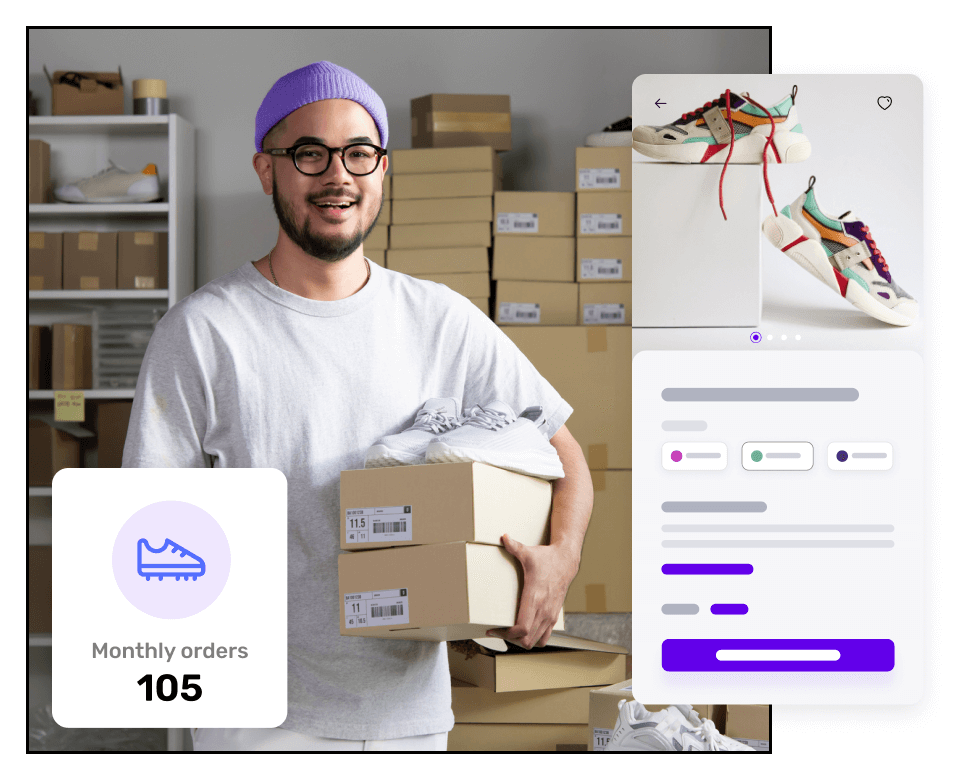

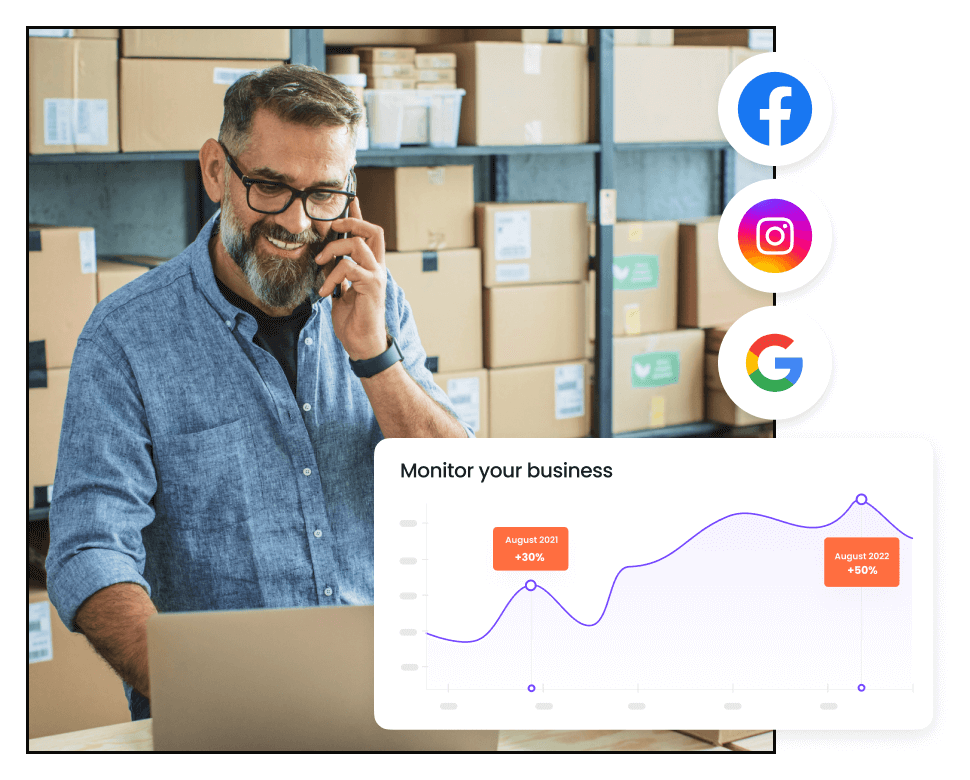
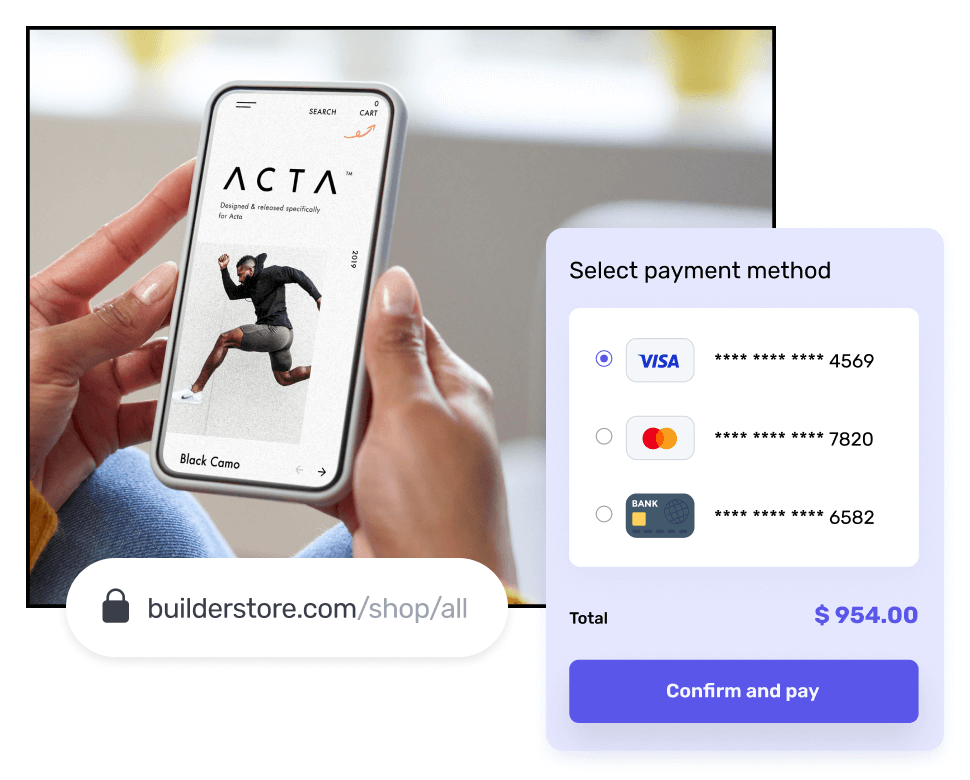



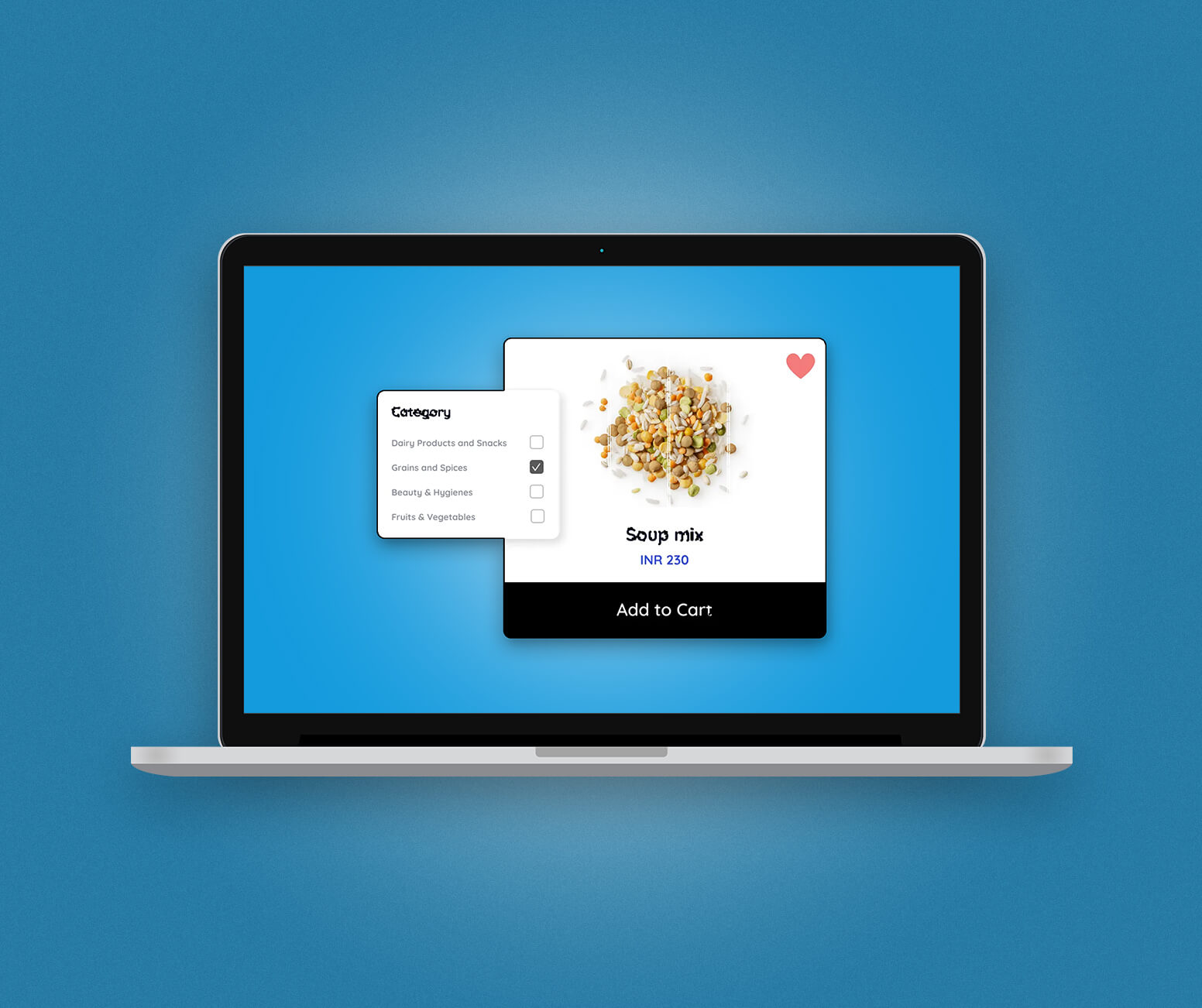

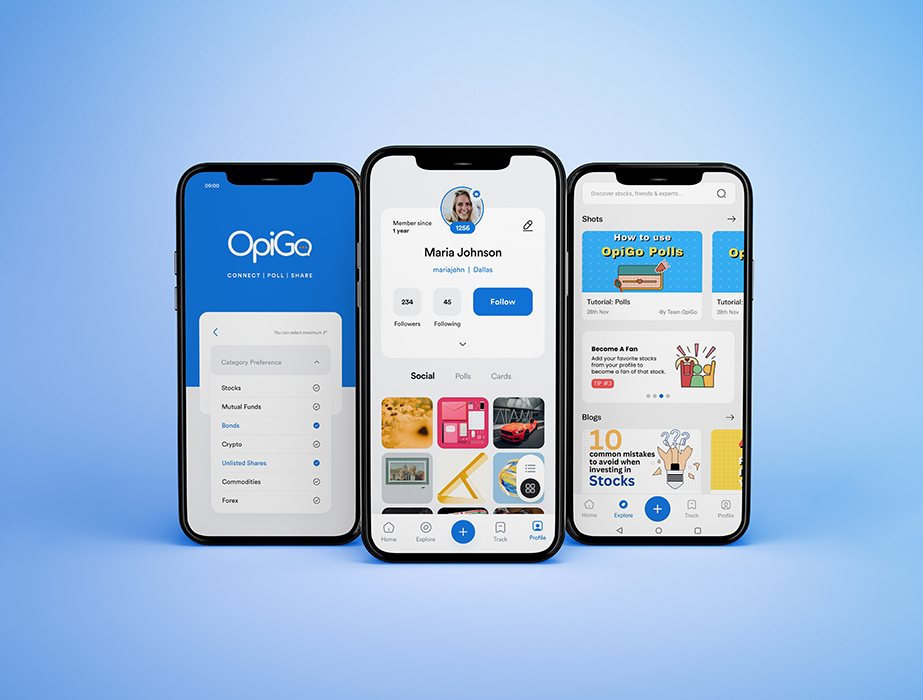
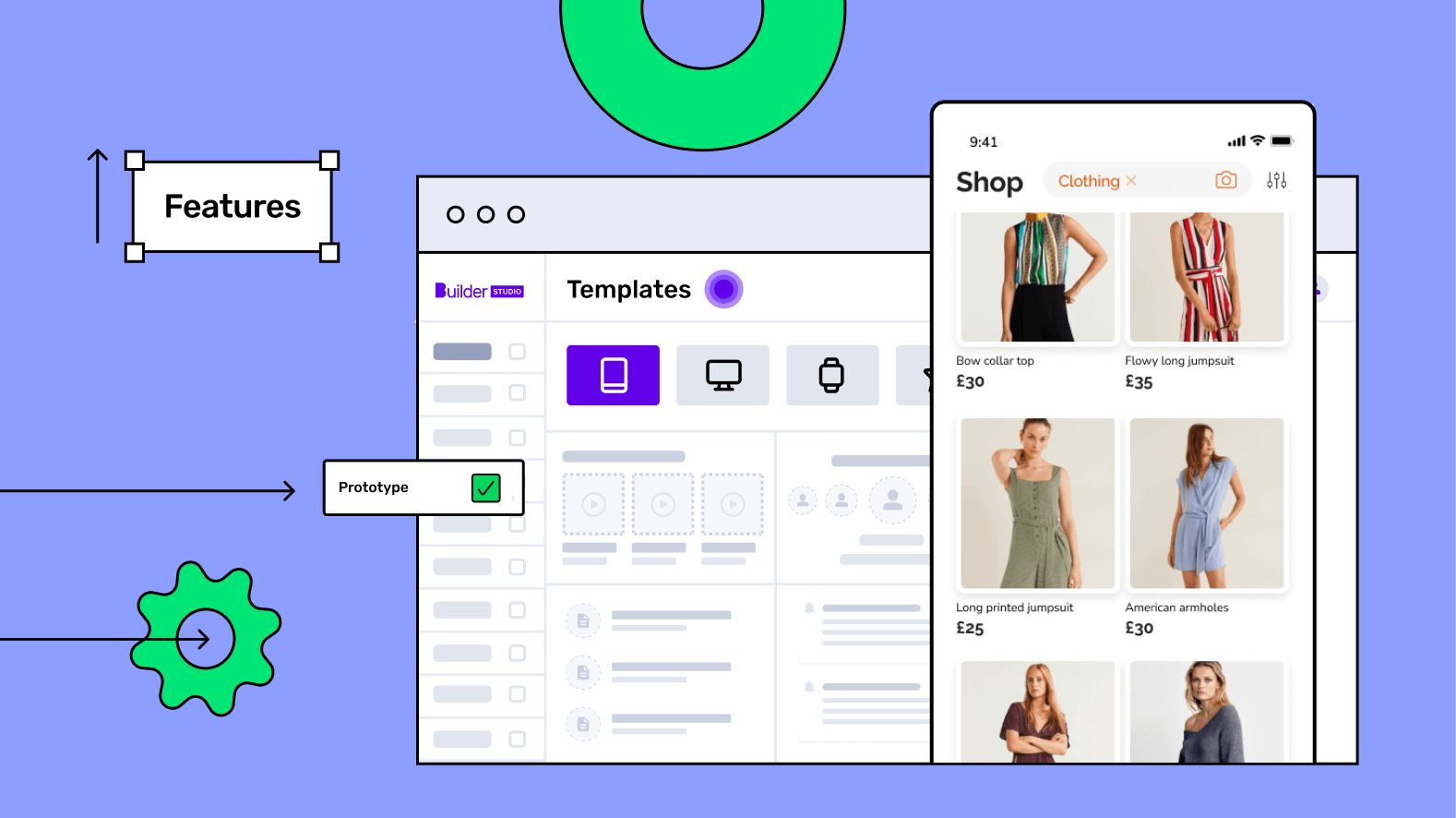
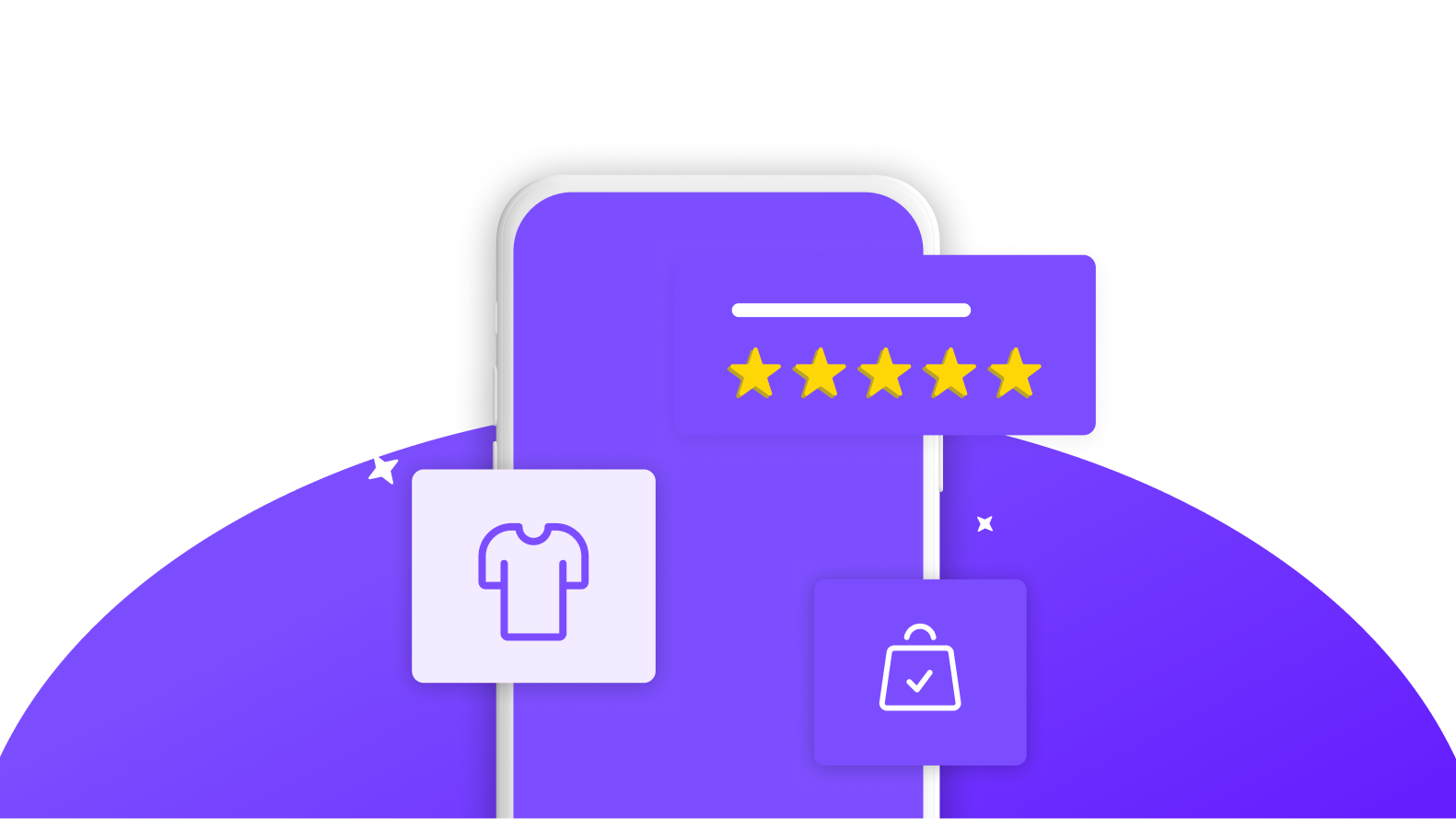


 Facebook
Facebook X
X LinkedIn
LinkedIn YouTube
YouTube Instagram
Instagram RSS
RSS
